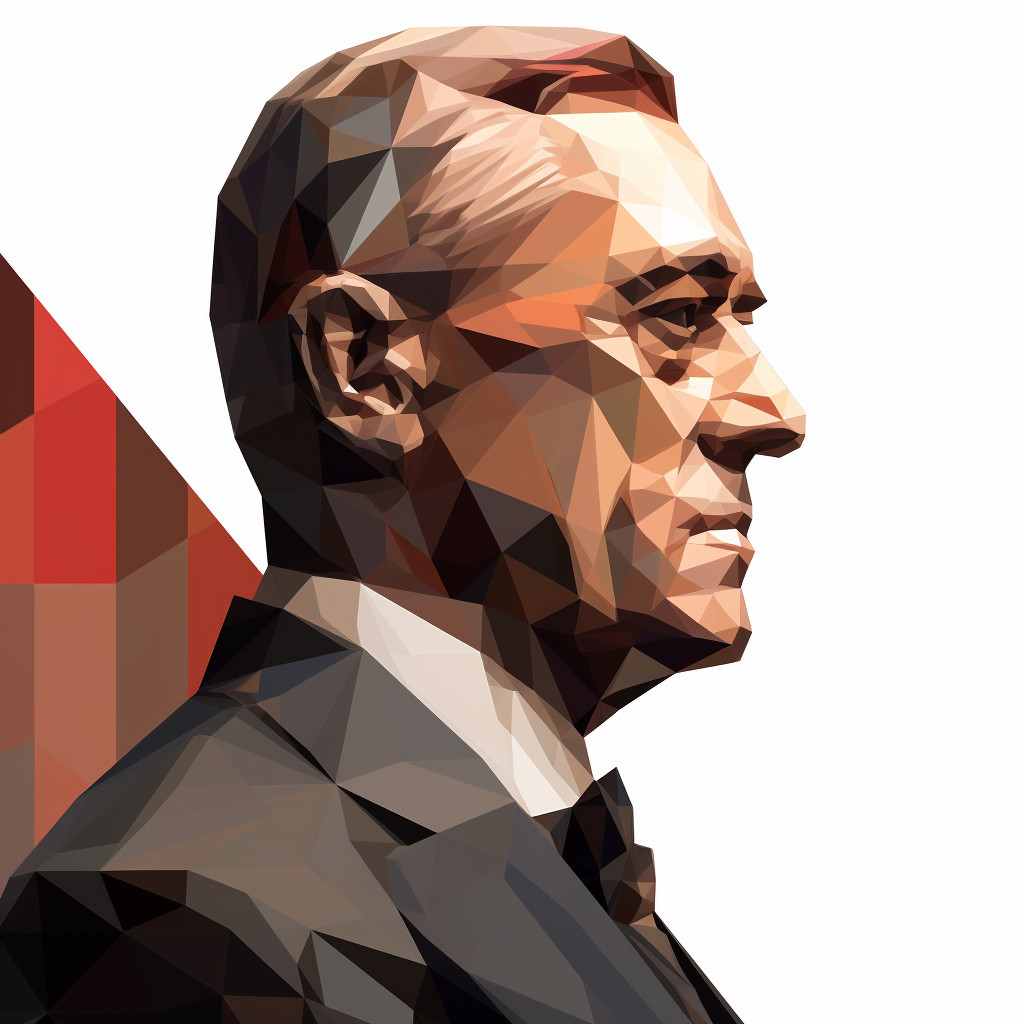This quote asserts that basic human needs, such as hunger, must be met before a person can focus on higher spiritual or emotional pursuits like faith or love for others. The statement utilizes the concept of Maslow’s hierarchy of needs, a psychological theory that suggests individuals must fulfill their basic physiological needs (food, water, warmth, rest) before they can attend to needs of safety, love and belonging, esteem, and self-actualization, which includes morality and creativity.
The “empty stomach” symbolizes not just physical hunger, but also any form of deprivation or unmet basic need. Thus, Wilson suggests that unless people’s basic needs are met, they cannot fully engage in spiritual or emotional activities. This is because the urgency of survival will always overshadow the pursuit of higher-level needs.
Applying this to today’s world, it can be seen in the context of social issues like poverty, inequality, and social justice. For instance, expecting people living in poverty to contribute to society, be active citizens, or be concerned about global issues is unrealistic if they are struggling to meet their basic needs. This perspective also underscores the importance of social safety nets, welfare systems, and initiatives that aim to eradicate poverty and hunger.
In terms of personal development, this idea emphasizes the importance of self-care and meeting one’s own basic needs first. It supports the notion that one cannot effectively help others or strive for personal growth if they are neglecting their basic needs. This is illustrated in the common analogy of putting on your own oxygen mask before assisting others in an airplane emergency. Therefore, ensuring that your basic needs are met is not just crucial for survival, but also for personal growth and development.







